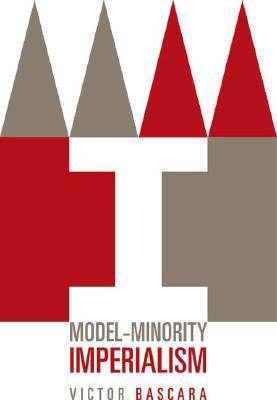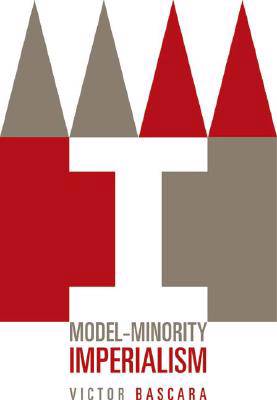
En raison d'une grêve chez bpost, votre commande pourrait être retardée. Vous avez besoin d’un livre rapidement ? Nos magasins vous accueillent à bras ouverts !
- Retrait gratuit dans votre magasin Club
- 7.000.000 titres dans notre catalogue
- Payer en toute sécurité
- Toujours un magasin près de chez vous
En raison de la grêve chez bpost, votre commande pourrait être retardée. Vous avez besoin d’un livre rapidement ? Nos magasins vous accueillent à bras ouverts !
- Retrait gratuit dans votre magasin Club
- 7.000.0000 titres dans notre catalogue
- Payer en toute sécurité
- Toujours un magasin près de chez vous
Description
At the beginning of the twentieth century, soon after the conclusion of the Spanish-American War, the United States was an imperialistic nation, maintaining (often with the assistance of military force) a far-flung and growing empire. After a long period of collective national amnesia regarding American colonialism, in the Philippines and elsewhere, scholars have resurrected the power of "empire" as a way of revealing American history and culture. Focusing on the terms of Asian American assimilation and the rise of the model-minority myth, Victor Bascara examines the resurgence of empire as a tool for acknowledging--and understanding--the legacy of American imperialism. Model-Minority Imperialism links geopolitical dramas of twentieth-century empire building with domestic controversies of U.S. racial order by examining the cultural politics of Asian Americans as they are revealed in fiction, film, and theatrical productions. Tracing U.S. economic and political hegemony back to the beginning of the twentieth century through works by Jessica Hagedorn, R. Zamora Linmark, and Sui Sin Far; discourses of race, economics, and empire found in the speeches of William McKinley and William Jennings Bryan; as well as L. Frank Baum's The Wonderful Wizard of Oz and other texts, Bascara's innovative readings uncover the repressed story of U.S. imperialism and unearth the demand that the present empire reckon with its past. Bascara deploys the analytical approaches of both postcolonial studies and Asian American studies, two fields that developed in parallel but have only begun to converge, to reveal how the vocabulary of empire reasserted itself through some of the very people who inspired the U.S imperialist mission.Victor Bascara is assistant professor of English and Asian American studies at the University of Wisconsin, Madison.
Spécifications
Parties prenantes
- Auteur(s) :
- Editeur:
Contenu
- Nombre de pages :
- 232
- Langue:
- Anglais
Caractéristiques
- EAN:
- 9780816645121
- Date de parution :
- 22-09-06
- Format:
- Livre broché
- Format numérique:
- Trade paperback (VS)
- Dimensions :
- 162 mm x 226 mm
- Poids :
- 349 g

Les avis
Nous publions uniquement les avis qui respectent les conditions requises. Consultez nos conditions pour les avis.






